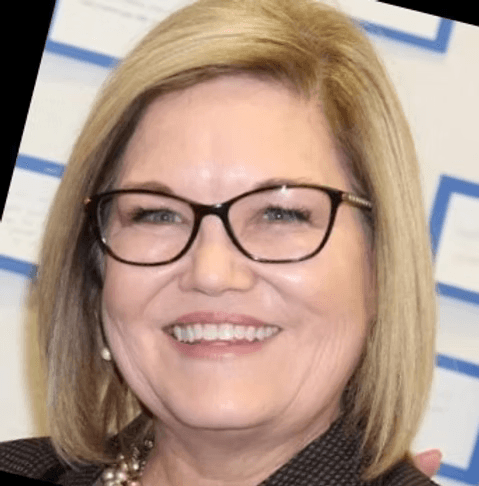Principals - You Can't Do It Alone!
Change and improvement in a school setting require more than just a visionary principal.
Successful transformation is a collaborative effort that involves the collective expertise, commitment, and energy of an entire school community.
Here's why principals can't do it alone and how they can build an effective Improvement Team to drive meaningful progress.
The Necessity of Diverse Perspectives
A single leader, no matter how capable, cannot possess all the knowledge and skills required to address the multifaceted challenges schools face.
Diverse perspectives are crucial for identifying issues, brainstorming solutions, and implementing effective strategies.
Teachers, staff, students, and parents all bring unique insights that enrich the decision-making process.
By tapping into this diversity, principals can ensure that initiatives are well-rounded and address the needs of the entire school community.
Building Buy-In and Ownership
Change is more likely to be successful and sustainable when those affected by it feel a sense of ownership.
Involving a broad group of stakeholders in the improvement process fosters buy-in and ensures that everyone is on board with the proposed changes.
When teachers and staff contribute to the development and implementation of initiatives, they are more invested in their success and more likely to go the extra mile to make them work.
Sharing the Workload
Implementing significant changes requires substantial time, effort, and resources.
A principal working alone cannot manage all the tasks involved - from planning and communication to execution and evaluation.
By forming an Improvement Team, principals can delegate responsibilities, leverage individual strengths, and share the workload.
This not only makes the process more manageable but also increases the likelihood of sustained progress.
Strategies for Building an Effective Improvement Team
1. Identify Key Stakeholders
Begin by identifying individuals who have a vested interest in the success of the initiative.
This should include teachers, staff, students, parents, and community members.
Consider those who have demonstrated leadership and positive influence, expertise, and a willingness to embrace change.
2. Seek Diverse Skill Sets
An effective team should have a diverse range of skills and experiences.
Look for members who bring different perspectives—such as instructional expertise, data analysis, communication skills, and community engagement.
This diversity will enhance the team's ability to tackle various aspects of the initiative.
3. Foster a Collaborative Culture
Establish a culture of collaboration and trust within the team.
Encourage open communication, active listening, and mutual respect.
Create a safe space where team members feel comfortable sharing ideas, voicing concerns, and offering constructive feedback.
This may mean the principal has to listen more than speak.
Actually, it DOES mean the principal has to listen more than speak.
Trust your people!
4. Provide Professional Learning
Equip the team with the necessary tools and knowledge to succeed.
Offer training and professional learning opportunities that align with the initiative's goals.
This investment in their growth will enhance their ability to contribute effectively.
Ideally, a teacher who is implementing your initiative well will lead others.
Trust your people!
5. Set Clear Roles and Responsibilities
Clearly define each team member's role and responsibilities.
This clarity helps prevent confusion, ensures accountability, and allows members to focus on their specific tasks while working towards common goals.
I created a Google Sheet that supports this work - email me for it.
6. Regularly Review and Reflect
Schedule regular (monthly or more) meetings to review progress, discuss challenges, and celebrate successes.
Use these meetings to reflect on what is working and what needs adjustment.
This continuous feedback loop is essential for maintaining momentum and making informed decisions.
Continuous improvement, people!
Hold each other accountable.

Hello, I'm Kelly Hastings!
I'm a former teacher and principal who now supports school leaders through coaching and training. As the founder of Enlightening Leadership, she helps educators implement real change using the SCALE framework. Kelly writes from lived experience - always grounded, practical, and focused on what works in real schools.
Join My Mailing List

We support principals, teacher leaders, and district administrators with coaching and training grounded in real-world experience. Through the SCALE framework and steady partnership, we help you lead with clarity, build strong teams, and bring lasting change to your school.
Resources
© Enlightening Leadership. All Rights Reserved.
Privacy Policy | Terms & Conditions
© Enlightening Leadership. All Rights Reserved.
Privacy Policy | Terms & Conditions


